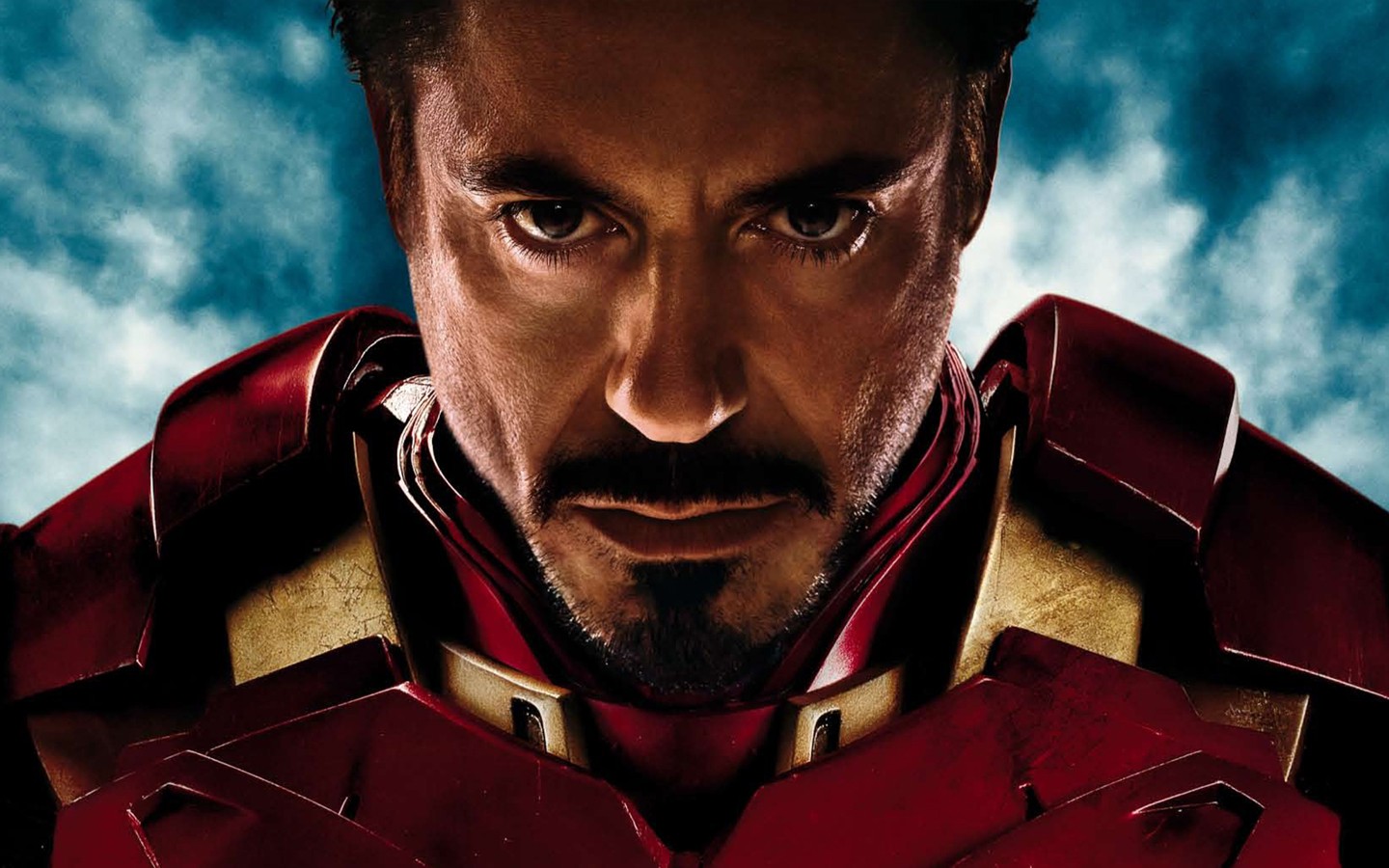7. Twilight
The book and its meaning: Okay, Twilight has no distinct, inherent meaning outside of being a slight look into the fantasies of teenage girls. The fact remains that it became a critically approved book by many mainstream critics, including: Publisher’s Weekly, The Daily Telegraph, and Amazon.com among others.
The movie’s shortcomings: While many blame the huge success of the film series on the hardcore fans, in actuality that assumption appears to be wrong. The film’s acting ended up toning down the emotional complexity of scenes done in the book, but most importantly, many of the characters’ internal thoughts and complexities are left out or unexpressed. Needless to say, the film’s formula only became more tiring in the resulting sequels.
6. Iron Man 3
The book and its meaning: The 2005-2006 Iron Man story Extremis is often called one of the best modern day stories regarding the superhero. The graphic novel takes apart Stark, literally and metaphorically, by forcing him to not only confront his limitations, but also relive his painful memories about the morally questionable action’s he’s had to commit over the years and the overall purpose of the armor.
The movie’s shortcomings: Iron Man 3 had a lot of potential that ended up being wasted on a lackluster plot. Though Extremis was the basis for the film, Iron Man 3 chose to be a political commentary on the public’s perception of media rather than a personal look into the character of Tony Stark. The premise of Tony having PTSD-related panic attacks following his experiences in The Avengers was an interesting idea to work with, but ultimately failed to do what Extremis had done; broken down Tony Stark and reassembled him as a new, formidable character in the suit. Ironically, he ends up reverting to an older characterization without the suit.
5. The Road
The book and its meaning: The Road is one of author Cormac McCarthy’s greatest novels. Set in a post-apocalyptic world, the story follows the journey of a Man and his Boy (known as those two monikers) across the ash covered wasteland that was once Earth. Their tale of survival tackles a great many themes such as: mortality, spirituality, and morality. McCarthy weaves these perfectly in his odyssey, creating an acclaimed piece of literature.
The movie’s shortcomings: Like with Jane Eyre, the film adaption of The Road brings together a strong cast that is ultimately let down by the script. To be fair on the filmmakers, The Road is a book that, more often that McCarthy’s other novels, relies heavily on the prose to tell its story than the characters or images. McCarthy purposefully abandons the use of “proper” grammatical requirements such as quotation marks and commas as he’s telling a story in a world where there are no more rules and you have to make it up as you go along. Something so deeply tied to literature’s workings ultimately prevents the film from possessing the same emotional power of the book. Also, the movie made a few creative decisions that dampened some of the isolationist themes in the novel. For example, giving more backstory to the Man’s wife and the world before.


